
What’s in a Nickname?
Are nicknames permissible in Judaism? What’s the big deal about a name? Why difference does it make what name the baby is given?

Dear Rabbi Lazer,
Is there anything wrong with calling somebody by a nickname? There’s this fat girl in our NCSY group, and everybody calls her “Knish” (potato pastry – LB). Anyway, yesterday, I said “how are ya, Knish” and she broke out crying hysterically. All the other kids call her Knish too, but even so I still feel bad that I hurt her feelings. Did I sin? If so, what do I do to correct it? Thanks, Barbie from Queens
Dear Barbie,
Thank goodness that your conscience is very healthy – I’m glad you wrote. Calling someone by an insulting nickname (the victim decides what’s insulting) is a terrible transgression of Torah (onaat devorim, or verbal abuse). The Talmud (tractate Bava Metzia 58b) says that one who calls a person by an insulting nickname goes to purgatory and doesn’t come back. You therefore must immediately rectify, by asking the young lady’s forgiveness and by making a promise to yourself that you’ll never again address any other person by an insulting nickname.
Maybe you’re asking, what’s the big deal about a name? In Judaism, it’s a very big deal, for one’s name is an indication of the nature of his or her soul and its mission on earth.
Don’t forget also that one of the virtues that tipped the scales for the Jewish People during the Heavenly hearing that determined whether they’d be freed from Egypt or not was the fact that not a single one of them changed their name. Yerachmiel didn’t call himself “Rocky” and Rivka didn’t call herself “Ricki”. They proudly retained the names of their birth. So what?
 The original Hebrew names saved our people from assimilation and extinction in the long night of Egyptian exile. Even more so, the fact that they remembered their names reminded them of the ancestors they were named after, their traditions, and their vision of the future. All this together that kept the spark of hope for redemption alive in their hearts. As long as they remembered their names they were still part of the Jewish people no matter how far away they were from day-to-day observance. While “Rocky” has no holiness and means nothing more than a tough guy or a head full of rocks, “Yerachmiel” means, “may Hashem have mercy on me.” Such a name arouses Divine compassion every time it’s used. A nickname – particularly a derogatory or assimilated name – does just the opposite.
The original Hebrew names saved our people from assimilation and extinction in the long night of Egyptian exile. Even more so, the fact that they remembered their names reminded them of the ancestors they were named after, their traditions, and their vision of the future. All this together that kept the spark of hope for redemption alive in their hearts. As long as they remembered their names they were still part of the Jewish people no matter how far away they were from day-to-day observance. While “Rocky” has no holiness and means nothing more than a tough guy or a head full of rocks, “Yerachmiel” means, “may Hashem have mercy on me.” Such a name arouses Divine compassion every time it’s used. A nickname – particularly a derogatory or assimilated name – does just the opposite.Recently, I was approached by a young lady from a secular family who was 28, a university graduate, personable, intelligent, and attractive. She had a well-paying job in communications. Yet, with all her merits, she hadn’t yet found her soulmate. I asked her what her name was. Her answer almost knocked me off my feet – “Lilith”. The Zohar mentions this name dozens of times as the wife of the “Samech-Mem”, the Satan, the Evil Inclination, and the angel of death, G-d forbid. How could parents give a child such a name? Because it sounds “in” or cool or modern? Without batting an eyelash, I told her to come to our synagogue the following Shabbat morning, where we made a blessing for her over an open Torah scroll and changed her name to “Leah” after one of her upright grandmothers. Two weeks later, “Leah” was introduced to a special person and six weeks later, she became engaged.
There is a Jewish tradition attributed to the kabbalistic masters that one should recite a verse containing one’s name or beginning with the first letter of his or her name and ending with the last letter of his or her name before stepping back at the conclusion of the silent Amidah. For example, since my name is “Eliezer Raphael”, I recite a first passage for “Eliezer” that begins with aleph and ends with reish, in my case Psalm 20:8, and a second passage for “Raphael” that begins with reish and ends with lamed, namely Deuteronomy 32:39.
The above ploy enables the soul to remember one’s name even in the hereafter – apparently even there, remembering our name is important. For in our name lies the secret of our soul and self. That is why Jews always placed great emphasis on naming a child, for in that name there lay the history and past of the family and the hopes and blessings for the newborn’s success – Jewish success – in life. That’s also why you shouldn’t give a name or change a name without consulting a knowledgeable and upright rabbi and spiritual guide.
There is truly a great deal in our names. Barbie, I’d suggest that you start using your Hebrew name too. You’ll feel much more connected to Am Yisrael. Just as our names were they were the key to the eventual redemption and exodus of Israel from Egyptian slavery, they’ll be the key to our full and complete redemption, speedily and in our days, amen.
Blessings always, LB


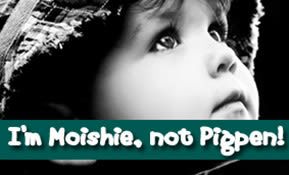

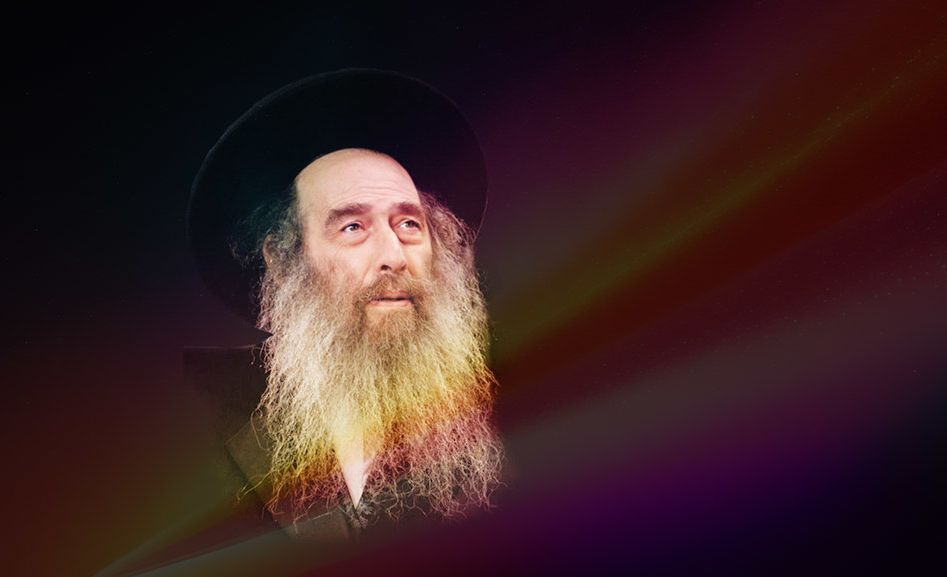

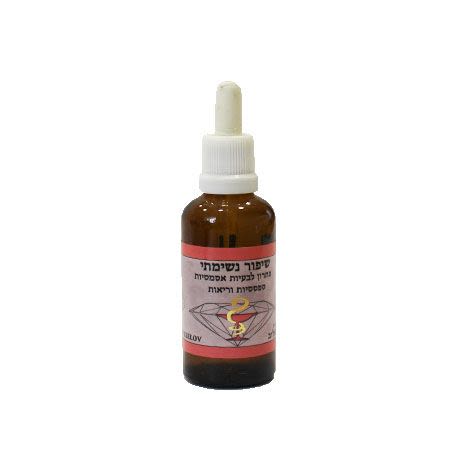


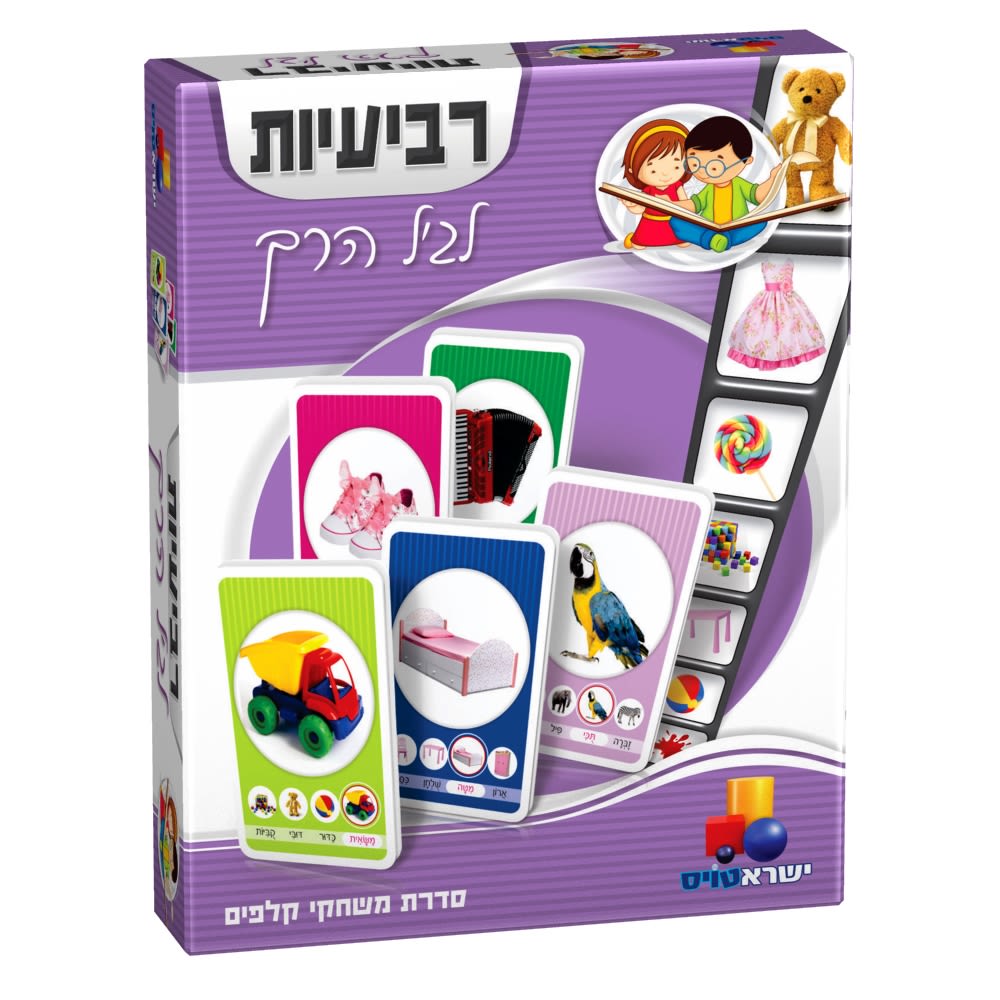
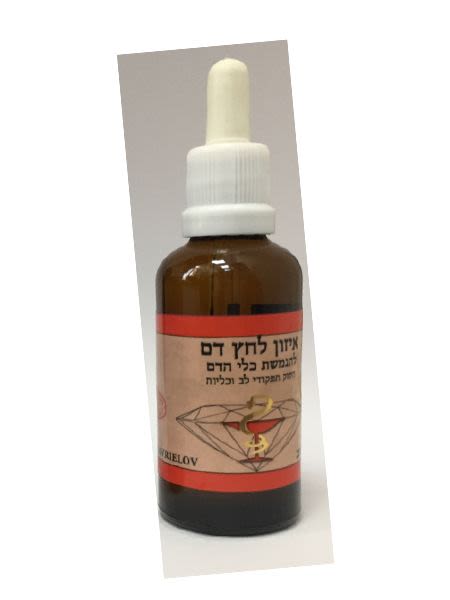
Tell us what you think!
Thank you for your comment!
It will be published after approval by the Editor.